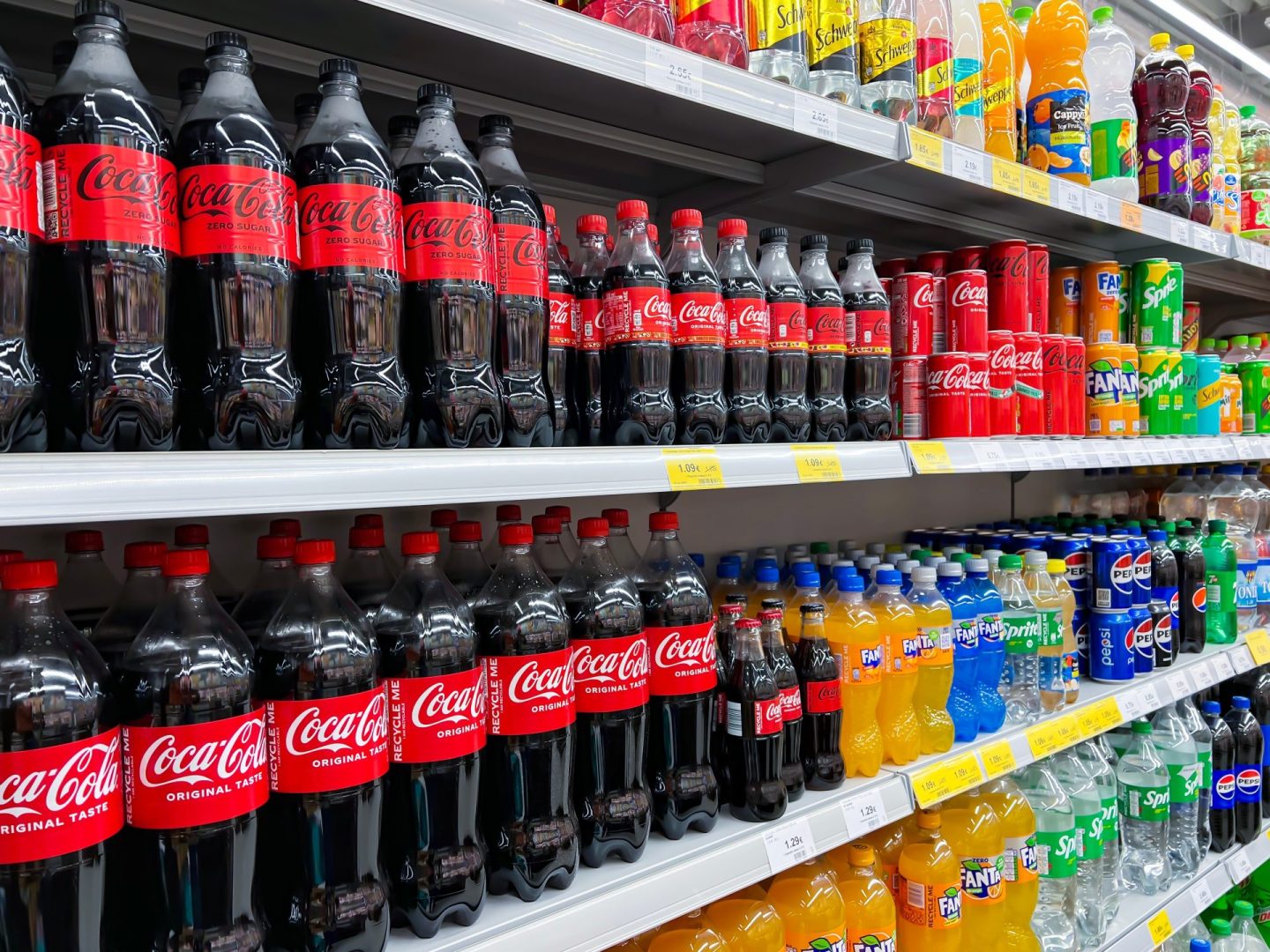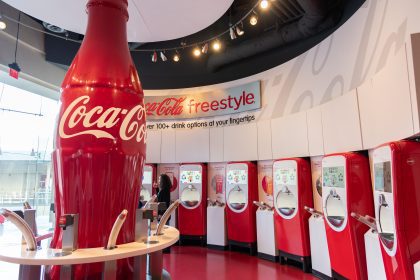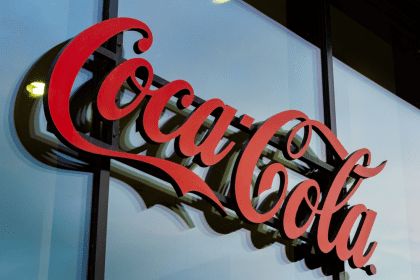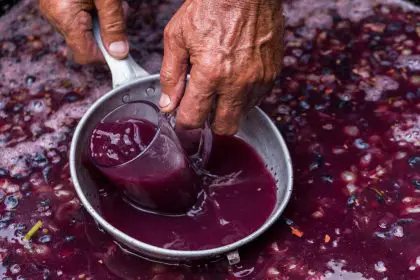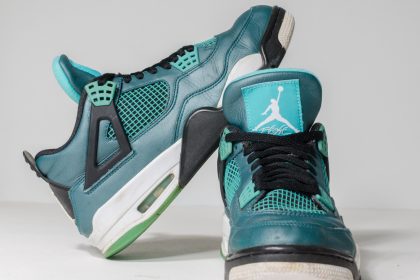The Coca-Cola Company has confirmed the return of Diet Cherry Coke after a four-year absence from retail shelves, responding to sustained consumer demand for the discontinued cherry-flavored diet beverage. The announcement has generated significant enthusiasm among loyal customers who have advocated for the product’s return since its discontinuation in 2020.
The revival represents a strategic decision by Coca-Cola to reintroduce popular discontinued flavors while capitalizing on nostalgia marketing trends that have proven successful across various consumer product categories. Industry analysts note that limited-edition product returns often generate substantial consumer interest and can drive short-term sales increases for beverage companies.
The announcement emerged through social media channels rather than traditional corporate communications, reflecting contemporary marketing approaches that leverage food influencer networks and social media platforms to build consumer excitement before official product launches.
4 key factors drove product discontinuation and return
The original discontinuation of Diet Cherry Coke in 2020 occurred during a period of widespread product portfolio rationalization across the beverage industry, as companies sought to simplify manufacturing and distribution operations during pandemic-related supply chain disruptions. Coca-Cola eliminated numerous specialty flavors and regional products to focus resources on core offerings with the highest sales volumes.
Consumer response to the discontinuation proved more intense than company executives anticipated, with sustained social media campaigns and customer service inquiries requesting the product’s return. This feedback demonstrated that Diet Cherry Coke maintained a dedicated customer base despite its relatively niche market position within the broader Diet Coke product family.
The decision to bring back the product reflects Coca-Cola’s recognition that certain discontinued items possess sufficient consumer loyalty to justify limited production runs, even when they may not meet the volume requirements for permanent product line inclusion. This approach allows companies to satisfy customer demand while maintaining flexibility in their overall product portfolios.
Market research conducted since 2020 has likely confirmed sustained consumer interest in cherry-flavored diet beverages, providing data to support the business case for a limited-time product revival that tests current market demand for the discontinued flavor profile.
Retro packaging design targets nostalgia marketing trends
The returning Diet Cherry Coke will feature retro-inspired packaging design that references previous visual elements from the product’s historical marketing and branding approaches. This nostalgic packaging strategy aligns with broader consumer trends favoring vintage-inspired product designs that evoke positive memories and emotional connections to past experiences.
Retro packaging serves multiple marketing functions, including differentiation from current product lines, creation of collectible appeal among consumers, and generation of social media content opportunities as customers share images of the distinctive packaging design. These visual elements can drive word-of-mouth marketing and social media engagement that extends beyond traditional advertising reach.
The packaging design choice also signals that Coca-Cola views this product return as a special event rather than a routine product launch, creating a sense of occasion and urgency that may encourage purchase decisions among both existing fans and curious new consumers attracted by the vintage aesthetic appeal.
The retro design elements may include color schemes, typography, or graphic elements that reference Diet Cherry Coke’s original packaging from previous decades, creating visual continuity with consumers’ memories of the product while updating the design for contemporary retail environments.
Limited-time availability creates purchase urgency
Coca-Cola has positioned the Diet Cherry Coke return as a limited-time offering rather than a permanent product restoration, creating scarcity marketing dynamics that may drive increased consumer demand during the available purchase window. This approach allows the company to test market response while maintaining flexibility about future production decisions.
The limited availability announcement has generated immediate consumer concern about securing product access, with many customers expressing urgency about finding retail locations and purchase opportunities before the product disappears again. This urgency can translate into higher initial sales volumes and broader market trial among consumers who might otherwise delay purchase decisions.
Limited-time product offerings also create opportunities for premium pricing and specialized retail placement that may not be sustainable for permanent product lines. Retailers may be more willing to provide prominent shelf space and promotional support for products positioned as special events rather than routine additions to existing beverage categories.
The temporary nature of the offering allows Coca-Cola to gather valuable market data about consumer demand, regional preferences, and optimal pricing strategies that could inform future decisions about permanent product restoration or additional limited-time revival campaigns.
Consumer response demonstrates sustained brand loyalty
Social media reaction to the Diet Cherry Coke return announcement has revealed the intensity of consumer attachment to discontinued products and the emotional connections that develop between customers and specific flavor profiles. The enthusiastic response suggests that product discontinuation does not necessarily eliminate consumer desire for specialty items.
Customer comments reflect both excitement about the product’s return and frustration about its limited availability, indicating that many consumers would prefer permanent restoration rather than temporary revival campaigns. This feedback provides valuable insights into consumer preferences and expectations regarding product availability and corporate responsiveness to customer demand.
The sustained interest in Diet Cherry Coke despite its four-year absence demonstrates the power of brand loyalty and taste preference memory in driving consumer behavior. Many customers have continued seeking the product through secondary markets or alternative sources, indicating willingness to pay premium prices for access to preferred flavors.
The social media response also reveals consumer awareness of other discontinued Coca-Cola products, with many customers using the announcement as an opportunity to request the return of additional discontinued flavors such as Diet Coke with Lime, suggesting potential opportunities for future limited-time revival campaigns.
Beverage industry trends support specialty flavor returns
The broader beverage industry has experienced increased consumer interest in unique and nostalgic flavor profiles, creating market conditions that support the revival of previously discontinued products. This trend reflects consumer desire for variety and distinctive taste experiences that differentiate from mainstream product offerings.
Craft beverage producers and smaller companies have successfully captured market share by offering unique flavor combinations and limited-edition products that create excitement and customer loyalty. Major beverage companies like Coca-Cola are adapting these strategies to their own product portfolios through limited-time offerings and specialty flavor revivals.
The success of retro and nostalgic marketing campaigns across various consumer product categories has demonstrated the commercial viability of appealing to consumer memories and emotional connections to past products. This trend supports the strategic rationale for bringing back discontinued items with vintage-inspired branding and marketing approaches.
Consumer preferences have also shifted toward seeking out unique and hard-to-find products that provide social currency and conversation opportunities, making limited-edition and revival products particularly attractive to consumers who value distinctiveness and exclusivity in their purchase decisions.
Distribution strategy and retail partnership considerations
The success of the Diet Cherry Coke return will depend significantly on distribution strategy and retail partner cooperation in providing adequate shelf space and promotional support for the limited-time offering. Coca-Cola must balance broad market access with the practical limitations of producing and distributing a specialty product.
Retail partners may be more willing to support limited-time products that generate customer traffic and create promotional opportunities, but they also require assurance that consumer demand will justify the shelf space allocation and inventory investment required for successful product launches.
The distribution approach may prioritize certain geographic markets or retail channels based on historical sales data, consumer research, or strategic partnerships that maximize the likelihood of successful product performance during the limited availability period.
Online sales channels and direct-to-consumer options may play important roles in reaching dedicated customers who are specifically seeking the returning product, particularly if traditional retail distribution proves limited or if certain markets receive restricted product allocation.
Future implications for product portfolio management
The Diet Cherry Coke return serves as a test case for Coca-Cola’s approach to managing discontinued products and responding to consumer demand for specialty items that may not meet volume requirements for permanent production. The results will likely influence future decisions about other discontinued products and revival campaign strategies.
Successful performance of the limited-time offering could lead to permanent restoration of Diet Cherry Coke or establishment of regular revival schedules that bring back the product periodically to satisfy customer demand without requiring continuous production commitment.
The campaign also provides valuable data about consumer response to retro packaging and nostalgia marketing approaches that could be applied to other products within the Coca-Cola portfolio or inform future limited-edition product development strategies.
The broader implications extend to how major beverage companies balance product portfolio efficiency with customer satisfaction and brand loyalty, potentially influencing industry approaches to product discontinuation and revival decisions that affect millions of consumers worldwide.

